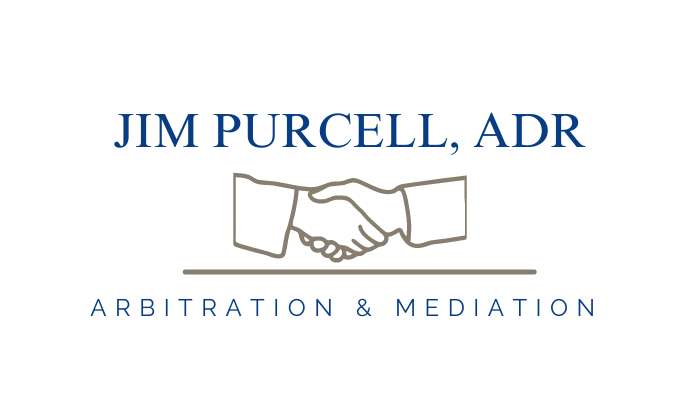If you represent significant healthcare participants, you must recognize the positives and the negatives. The positives are obvious. They are large clients with many interesting and professionally challenging problems. They usually pay promptly. Much money is at stake.
The negatives? Many clients do not focus on the legal side of the equation. They view lawyers as a necessary evils. They usually approach outside counsel later than they should, and without all the issues. And most importantly, healthcare clients live in a time of huge uncertainty.
So what should be on your mind if you wish not just to keep such clients, but be of significant value to them?
Issue No. 1: Know your client and its industry
Sophisticated counsel knows that they need to be industry savvy and talk the language. Especially important is knowing the personalities of the decision makers. Council must get involved early enough to make a difference. When you’re viewed as “just a lawyer,” albeit a good one, you are one of the last to be involved, and by then it’s usually too late.
Being an integral part of the planning process is one of the joys of practicing law. To do that, you must demonstrate value. Value combines industry/client knowledge with the ability to fit in as a team participant. Given the uncertainties involved, you are needed. Other than general counsel, you’ll be the only one at the table who thinks like you do.
Issue No. 2: Healthcare Reform
First, see the forest for the trees. In other words, you must be able to accurately summarize healthcare reform in four sentences. As a healthcare attorney it’s imperative that you develop a working knowledge of healthcare reform in order to maximize your value to clients.
Some questions to ask yourself include: Do you know the difference between true healthcare reform and what the PPACA accomplished? Do you have a working knowledge of how PPACA will impact your client and how to position your client for an intense regulatory future? What should you client be doing NOW to best position itself? Do you understand how important technology will be for your client?
What counsel can do now.
The advice above requires hard work. You cannot do it alone. If you are the healthcare department chair, require junior partners and associates to cultivate sufficient expertise in key areas. Moreover, require them to summarize these areas in laymen’s terms and demonstrate that they get it and can communicate this knowledge, as required, throughout your organization.
Special areas to consider include: ACOs; technology; payment reform; exchanges; integrated delivery of healthcare; quality and outcome measures; delivery reform. The list goes on.
Attend non-legal conferences to find out what your client should be considering. Even better, know the enemy. If you represent a hospital system, attend seminars for insurers. Are insurers worried about healthcare system vertical integration? [You bet.] If you’re sophisticated, you know the law or can research it. Go beyond the obvious. Cultivate a working knowledge of how healthcare reform will impact your client’s operations, finances, and contractual implications.
Finally, ask your healthcare clients what keeps them awake at night. Learn. They’ll love to communicate their knowledge and responsibilities. When you become a consultative partner in your client’s success, you’ll impress their boss or Board of Directors and communicate your value, which is what it’s all about.

